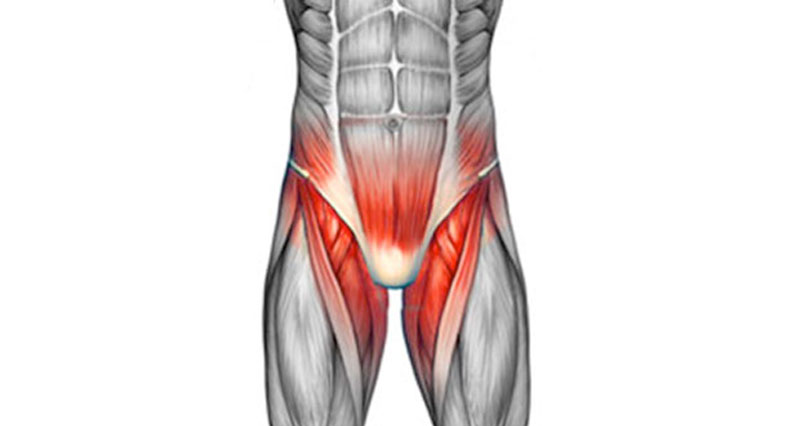Certainly, let’s discuss plantar fasciitis and how Smile Again Physiotherapy Clinic might approach its management:
Plantar Fasciitis Overview:
Plantar fasciitis is a common condition characterized by inflammation of the plantar fascia, a thick band of tissue that runs across the bottom of your foot and connects your heel bone to your toes. This inflammation can cause stabbing pain, usually in the heel.

Smile Again Physiotherapy Clinic’s Approach:
- Comprehensive Assessment:
- A thorough examination is conducted to understand the patient’s medical history, lifestyle, and the specific nature of their pain. This includes identifying factors that might contribute to plantar fasciitis, such as improper footwear, foot mechanics, or specific activities.
- Pain Management:
- Initially, the focus may be on alleviating pain and inflammation. This could involve the use of ice, anti-inflammatory medications, and, if needed, temporary activity modification to reduce strain on the affected foot.
- Manual Therapy:
- Physiotherapists at Smile Again may employ manual therapy techniques to address muscle tightness and joint mobility issues that could contribute to plantar fasciitis.
- Stretching and Strengthening Exercises:
- A tailored exercise program is designed to stretch and strengthen the muscles and ligaments in the foot and lower leg. This could include calf stretches, toe stretches, and strengthening exercises for the foot muscles.
- Orthotic Assessment:
- If biomechanical issues are contributing to the condition, an assessment for orthotic inserts may be conducted. Orthotics can help provide additional support and correct any abnormalities in foot mechanics.
- Gait Analysis:
- A gait analysis may be performed to assess the patient’s walking pattern. Understanding how someone walks can provide insights into potential causes of plantar fasciitis.
- Education and Lifestyle Modification:
- Patients are educated on proper footwear, stretching routines, and lifestyle modifications to prevent the recurrence of plantar fasciitis. This could include guidance on choosing supportive shoes and avoiding activities that exacerbate symptoms.
- Progressive Loading:
- A progressive loading program may be implemented, gradually reintroducing weight-bearing activities to the affected foot as symptoms improve. This prevents overloading and aids in the gradual strengthening of the tissues.
- Patient Compliance and Home Exercises:
- Compliance with prescribed exercises and recommendations for home care are emphasized. Patients are encouraged to take an active role in their recovery through consistent self-care.
- Follow-Up and Monitoring:
- Regular follow-up appointments allow physiotherapists to monitor progress, make necessary adjustments to the treatment plan, and address any new concerns or challenges.
- Modalities for Pain Relief:
- In some cases, modalities such as ultrasound or shockwave therapy may be used to help manage pain and accelerate the healing process.
Conclusion:
Smile Again Physiotherapy Clinic employs a holistic and patient-centered approach to managing plantar fasciitis. By combining manual therapy, targeted exercises, education, and lifestyle modifications, the clinic aims not only to alleviate pain but also to address the underlying causes and prevent future occurrences. Individualized care plans are crafted to meet the unique needs of each patient, promoting a comprehensive and effective recovery process.



